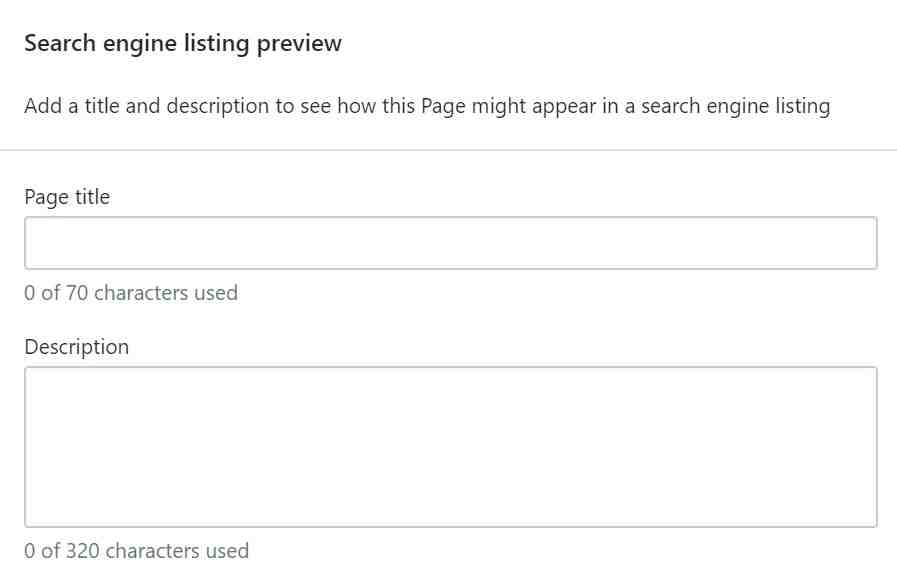Today’s Ask an SEO question comes from Taha in Chicago, who asks:
My question is about ecommerce SEO. I currently work as an SEO Executive for an e-brand. They have zero content on the page and their total backlink profile is around 1000 links (which is nothing compared to competitors).
Which area should I focus on first to rank category pages? Should I go for the content and optimizations on the page or create backlinks to compete with my competitors’ profiles?
The short answer is: you should start with content and optimization on the page.
Let me now give you the long answer, which applies to more than just the category pages you mentioned.
Start With On-Page SEO
Contents
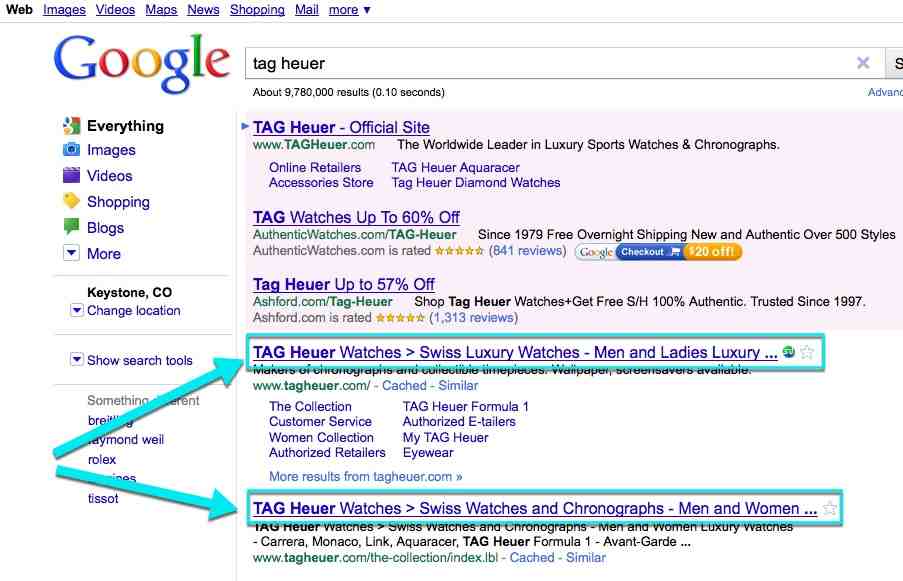
Backlinks are important, and we know they are part of the ranking algorithm.
However, you need to have optimized content on the website so that the search engines know what to rank your website for.
Below is a short checklist of what you should focus on when it comes to on-page optimization before you start investing time in link building.
1. Determine Your Keywords & Themes
If you have not already done so, take some time to identify your keywords.
Go from wide to narrow when creating the list, but remember that relevance is the most important consideration.
Even if you identify broad terms, they should still be targeted and relevant to your categories and products.
When I do keyword research, I like to brainstorm first and then expand my seed list using tools such as Semrush, SE Ranking or SpyFu.
Once I have built my list, I will prioritize it, usually in three categories: Priority 1, Priority 2 and Priority 3.
You need to assign keywords to the pages of your site, which are referred to as keyword mapping and will help you avoid keyword cannibalization.
Once you’ve completed this process, it’s time to optimize your pages.
Remember that it is common to have 2-3 primary keywords per page, and several secondary keywords.
2. Optimize Your Pages
When optimizing your pages, focus on the title tags, headline tags (especially H1s), body text, and image options.
Although the meta description does not play such a big role in the ranking, you should also optimize it.
It is best practice to follow when optimizing, as you can find in The Complete Guide to On-Page SEO.
Here’s a professional tip: Use the Google Search Console to identify if the search engine already recognizes your pages for relevant searches.
The Google Search Console results report shows you the searches for each page.
If some of these searches look like good keywords, or maybe they are already on your list, you should focus on those keywords when optimizing your related page.
You can update the page title and / or H1 to include the keyword.
You can even look for opportunities to merge your keywords more into the body text, but never fill in keywords. The content should be read naturally.
3. Add Relevant Content
Adding optimized content is critical regardless of the type of website – and e-commerce is no exception.
Since you mentioned category pages in your question, I will focus on recommendations for that type of content.
First of all, you need to know that category pages provide many opportunities to add text.
However, many companies are reluctant to add too much text to category pages because they think it will take away from the shopping experience.
The good news is that there are creative ways to add optimized text without being too intrusive.
Target.com provides a good example.
The following is a screenshot of the Baby Gifts category.
When you scroll to the bottom of the page, you can see optimized text with a consumption option (ie Show more).
Screenshot from Target.com, June 2022
TheCompanyStore.com provides another example of category content that also includes frequently asked questions.
Screenshot from TheCompanyStore.com, June 2022
In both examples, a site visitor can still easily scroll through the products as they scroll down the page.
The content at the bottom of the page is good for optimization purposes, but also useful for the visitor.
Review + Refine
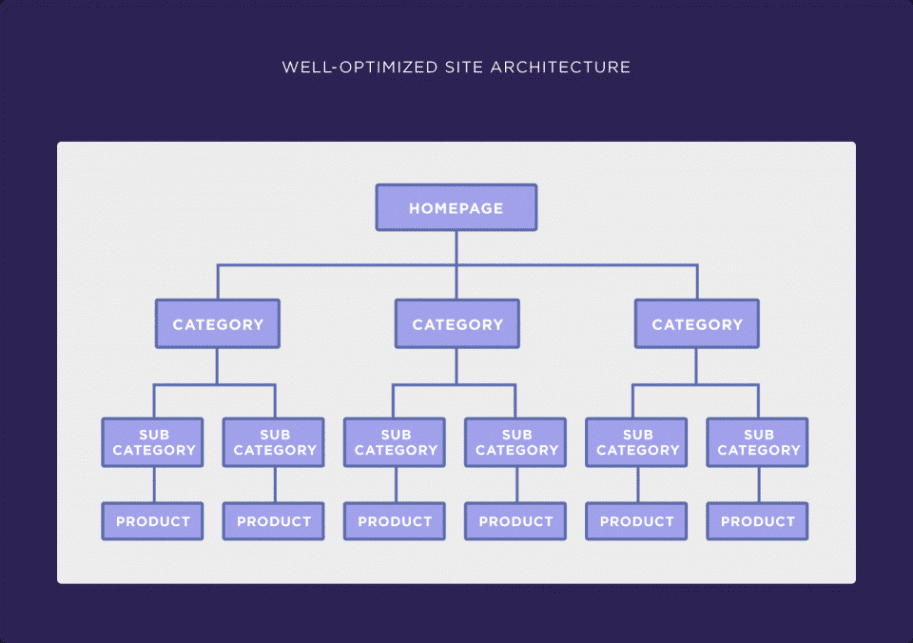
One last note: After optimizing your pages, always look for opportunities to improve.
This is where the pro tip I gave can help.
Make a habit of monitoring the performance of your pages and making updates as needed.
Featured image: Andrey_Popov / Shutterstock
Editor’s Note: Ask an SEO is a weekly SEO advice column written by some of the industry’s best SEO experts, hand-picked by the Search Engine Journal. Do you have a question about SEO? Fill out our form. You may see your answer in the next # AskanSEO post!
Link building is the practice of getting links to your site from other sites. In SEO, these links are called backlinks. Getting backlinks from high quality websites can transfer authority to your site as well as help you rank higher on the search engine results pages (SERP).
How do you evaluate site quality for link building?
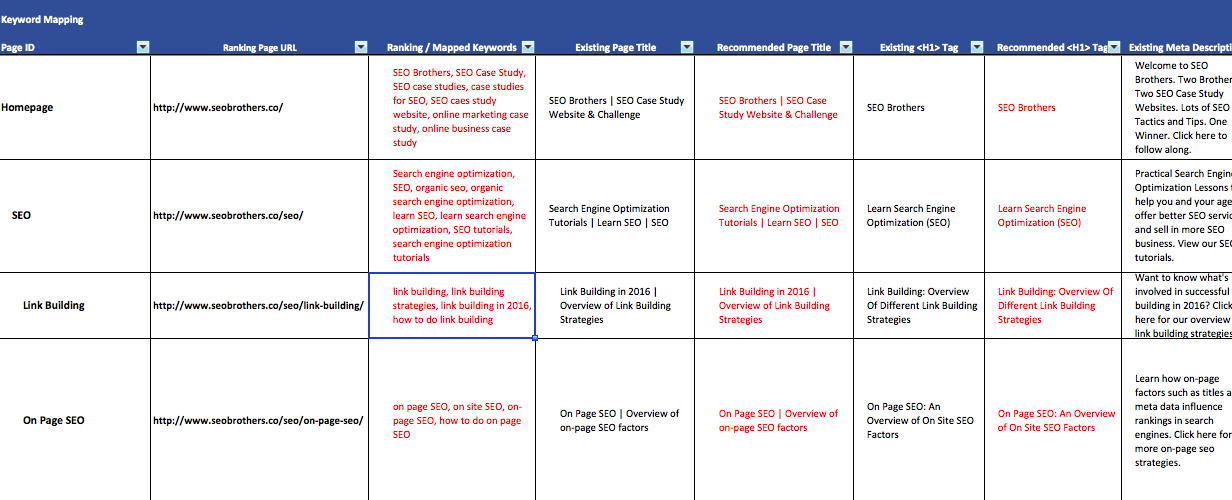
How to choose quality link building sites
- Website rating and domain trust level. …
- Niche relevance. …
- Top keywords a website ranks by. …
- Geographical location. …
- Content structure. …
- Feedback profile analysis. …
- Feedback profile growth dynamics. …
- Spam content and search engine penalties.
What is quality link building? What is Link Building? A definition. Link building, simply put, is the process of getting other sites to link back to your site. All marketers and business owners should be interested in building links to drive referral traffic and increase site authority.
How much does Shopify SEO cost?
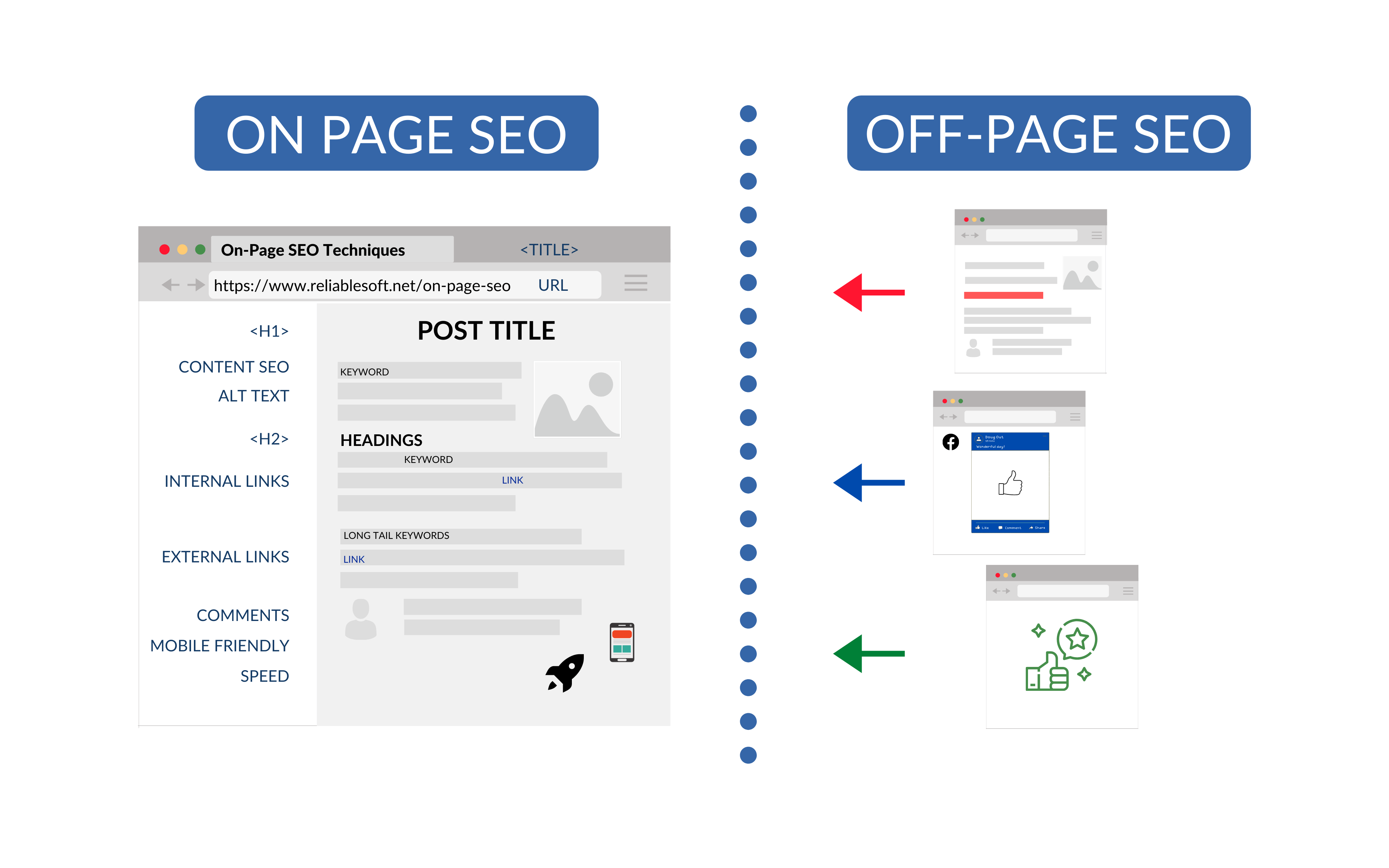
Since Shopify is an online store platform for e-commerce, most customers at Shopify want to rank nationally or internationally and sell their products globally. SEO rates and plans can range from $ 1,000 to $ 10,000 + per month depending on the level of SEO efforts.
How much does SEO usually cost? Average SEO costs are $ 100- $ 250 per hour for US SEO agencies. SEO costs often range from $ 2,500- $ 10,000 per month for US agencies. The average SEO plan costs $ 2819 per month (per Ahrefs) Overseas SEO companies can charge $ 10- $ 50 per hour.
How much should monthly SEO cost?
If you hire a top-level SEO company to run a local campaign, expect to pay $ 500.00 per month. A national or international campaign will require a minimum budget of $ 2,500 to $ 5,000 per month.
How much should a small business pay for SEO?
According to a survey of 1,200 business owners and over 350 agencies, freelancers and consultants, the average cost of SEO for small businesses is $ 501- $ 1,000 per month globally. The average cost of SEO for small businesses in the United States is $ 2501 to $ 5000 per month.
How much should you pay for SEO?
How much can you expect to spend on SEO? If you hire a top-level SEO company to run a local campaign, expect to pay $ 500.00 per month. A national or international campaign will require a minimum budget of $ 2,500 to $ 5,000 per month. Some companies offer a “trial package” at a lower price, without a contract.
Is monthly SEO worth?
The short answer is SEO is very effective – not only for generating traffic but also potential customers and sales. Do not worry. The long answer includes research and data, not just empty statements. Most SEOs get too caught up in search-specific metrics like SERPs (search engine results page), rankings and organic traffic.
Is Shopify any good for SEO?
For the most part, yes. Shopify has nailed all the basic SEO features. It has many built-in features and apps that effectively get your page indexed and ranked in search engines. Also, it is probably the easiest to SEO e-commerce platform ever.
Is Shopify plus better for SEO?
Shopify Plus is rich in plugins and apps. These include plugins like Smart SEO SEO Doctor SEO Image Optimizer Plugins are important because they add the extra push that your website needs to stand on its own two feet without you having to be an expert coder. This is why Shopify Plus is well suited for e-commerce.
Does Shopify SEO apps work?
The Shopify SEO Manager app is a great Shopify tool to increase your store ranking and is without a doubt the best SEO app for Shopify due to its large selection of exclusive features. It allows you to create custom meta tags, titles, keywords, and descriptions of your site.
Is Shopify good for SEO? For the most part, yes. Shopify has nailed all the basic SEO features. It has many built-in features and apps that effectively get your page indexed and ranked in search engines.
Does Yoast SEO work with Shopify?
Not only can our Yoast SEO app help you optimize product pages in Shopify, but it also helps you write great blog posts in Shopify. Make yourself more available online and attract new (potential) customers to your online store.
Can you SEO on Shopify?
Shopify online stores have SEO built-in and features that help you optimize your content. Some SEO is taken care of automatically: autogenerated canonical tags are added to pages to prevent duplicate content from appearing in search results, the site’s sitemap.
Is Yoast SEO good for SEO?
Yoast SEO is one of the most popular WordPress plugins available, and it’s easy to see why. Whether you run a personal blog or are an SEO professional who manages a website for a client, Yoast is a powerful tool that can help you make your website as search engine friendly as possible.
Is link building important?
Link building is an important part of SEO services because it helps search engines discover new web pages, and decides which pages to rank higher in the SERPs.
Why is linking so important? If the content of a page gets someone talking, it indicates authority, credibility and / or reliability. Thus, links are on pages that vote on trust, credibility and authority. The more links a page gets, the more votes they get, which can improve their ranking.
Is link building still important?
When improving your website visibility, you should know that link building is still one of the most effective SEO tactics. As Google continues to consider high-quality backlinks to determine a site’s credibility, investing in a link-building campaign can potentially give you more rankings and conversion opportunities.
Is link building in SEO Still Effective in 2022?
Absolutely. If you want to manage a successful, long-term SEO strategy, backlinks can not be ignored. The more relevant, high-quality backlinks a site has, the more traffic it will receive from Google.
Is link building necessary to rank in Google?
Link building is important because it is an important factor in how Google ranks web pages.
Are backlinks still important 2021?
You still need backlinks After all, evaluating backlinks is the only way for Google to differentiate between two sites. According to a study, backlinks No. 1 were a contributing factor to high rankings. I think backlinks will continue to be an important ranking factor in 2021 and for years to come.
Is link building in SEO Still Effective in 2022?
Absolutely. If you want to manage a successful, long-term SEO strategy, backlinks can not be ignored. The more relevant, high-quality backlinks a site has, the more traffic it will receive from Google.
Is backlinking still important?
Backlinks are still important for SEO performance because they are the basis of Google’s original PageRank algorithm. There have been countless independent studies in the SEO industry proving the impact of backlinks on organic search performance.

